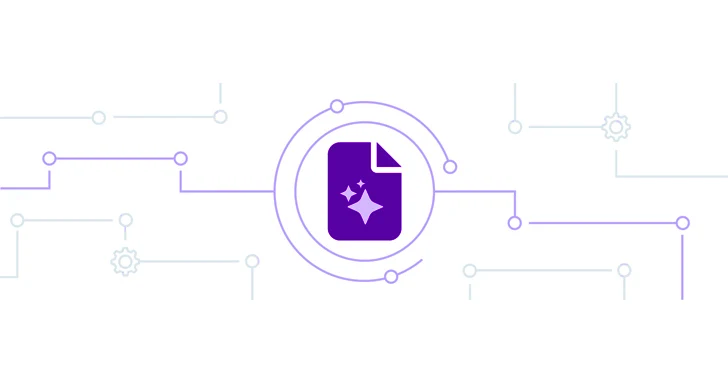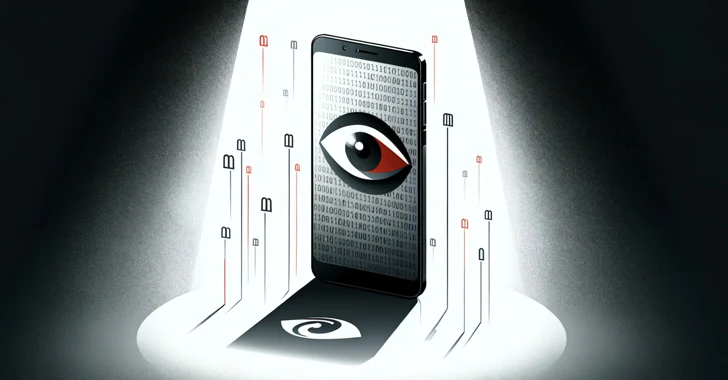The vulnerability, tracked as CVE-2024-25600, was discovered by a researcher named ‘snicco’ and a fix became available on February 13 with the release of version 1.9.6.1.
The attack, which hit the Sustainability Business division on January 17th, caused outages in Schneider Electric’s Resource Advisor cloud platform. The gang published 25MB of stolen data as proof of the hack.
Magika outperforms conventional methods and is used to enhance user safety in Gmail, Drive, and Safe Browsing. Google emphasizes the use of AI to strengthen digital security and shift the balance in favor of defenders in cybersecurity.
The surveillance industry continues to evolve, with recent discoveries of new surveillance tools like Patternz and a previously unknown mobile network attack called MMS Fingerprint, raising concerns about privacy and security.
A new macOS malware dubbed RustDoor, written in Rust, is being distributed disguised as a Visual Studio update. The malware provides backdoor access to compromised systems and is linked to infrastructure associated with the BlackCat ransomware gang. Researchers have shared a list of known IOCs associated with RustDoor, which includes binaries, download domains, and URLs.
Google is testing a new feature called “Private Network Access protections” in Chrome 123 to prevent malicious websites from attacking devices and services on a user’s private network.
DMARC compliance offers businesses a competitive advantage through improved email deliverability and enhanced security posture, leading to better engagement rates and revenue growth.
The Android banking trojan Anatsa has expanded its reach to include Slovakia, Slovenia, and Czechia, demonstrating the capability to bypass restricted settings for accessibility service in Android 13.
Cybercriminals are using ad tools to track and optimize their malware campaigns, making their lures more convincing and increasing the likelihood of users falling victim to the attacks.
Recent cyberattacks on Japanese entities, such as the Ministry of Foreign Affairs and aerospace agency JAXA, underscore the persistent threat posed by Chinese hackers to Japan’s security and economy.









